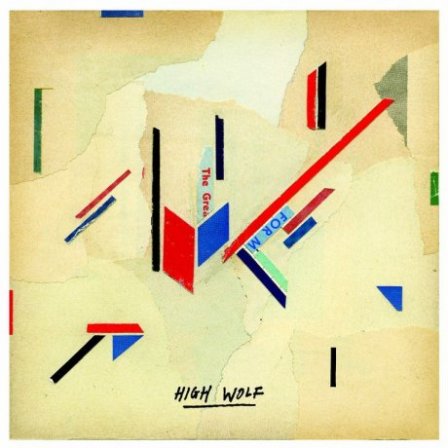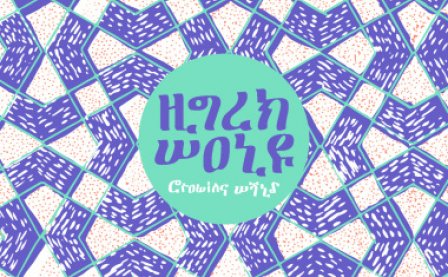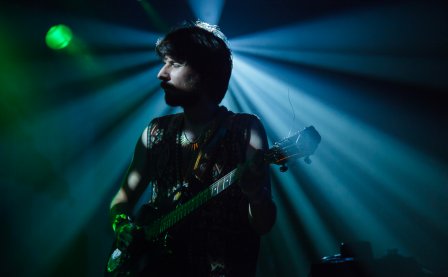The event of art — and the spiritual connections that accompany its eventual state — exist only insofar as it is participated in. That is, that the conscious-endowed body (the listener) within the aesthetic work (bound to it) observes the expansion and contraction of both the textural spaces of the piece and the time in which it exists.
High Wolf attacks this idea head on, increasingly so with each output. He is elusive, but he’s grounded within his aesthetic: being a instigator of religious experiences while succumbing to it himself. The combination of New Age and Krautrock in Kairos: Chronos is both intentional (as this album doesn’t sound terribly different than anything else he’s done) and a byproduct of the functions of both genres. The collapsing down of experience in space through the use of “global” — i.e., Eastern — signifiers is the objective of his music, each track slipping into the next like a whipping sigh: experience fades in, experience fades out. The plushy Not Not Fun synth lines over the constant pattering of drum machines and other loosely rhythmic instruments provide a sort of listening high. It is all too familiar, the New Age-y aesthetic, but it is the knowing combination of those signifiers that makes this album so compelling.
As philosopher John Dewey states in Art as Experience, “Man excels in complexity and minuteness of differentians.” This speaks directly to the experiential-turn-epistemological divisions of a known object: the art or the moment of the art, as it were. The songs on this album, especially the lengthy “Alvaroado,” are interlaced moments within moments within the eventual moment of the whole of Kairos: Chronos. Here, High Wolf’s attempting to set alight the romantic in all of us through repetition and slight but varied permutation. Each track has more of a densely layered moments of non-moments, a jumble of tumbling dromoscopic artifacts, than an “ah ha!” climax, the culmination of the spiritual high of Dewey’s interactive and transactive epistemology.
There is nothing new to say about High Wolf’s latest album as a product of its own; it is but a fleeting moment within the history of other separate conspirers in moments, those of which span from the works of Faust to Julia Holter. What makes Kairos: Chronos such a dizzying and elusive piece of work is how plainly High Wolf displays what he wants you to see and to feel. The obligatory tambourine here, the skittering Suicide-esque drum machine there. These are known objects floating in our memories and through our associations: we are trapped in High Wolf’s web, and before we know it, we are raising our hands and spinning, transient for that single moment, forever.
More about: High Wolf




